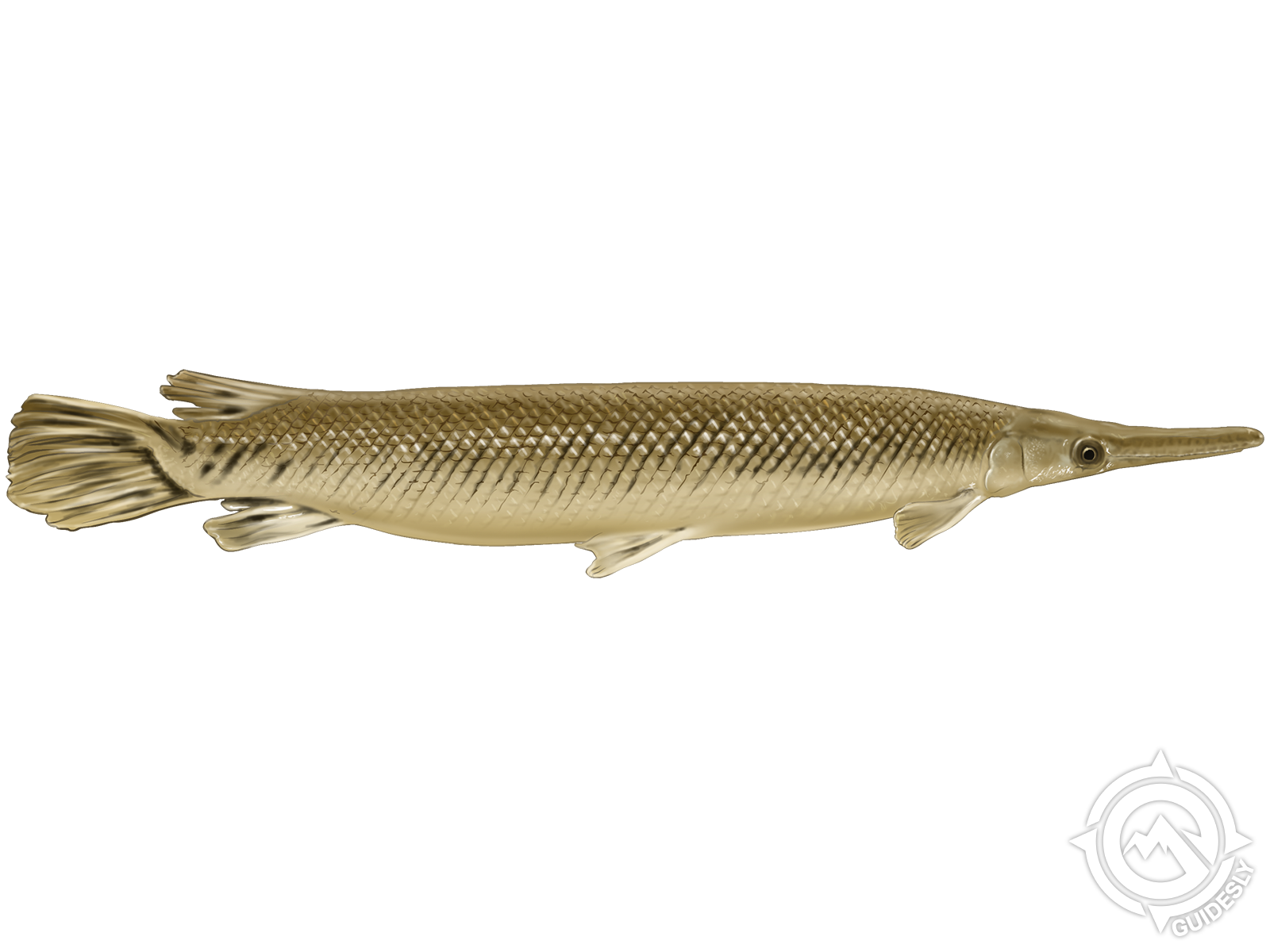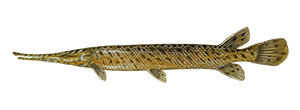/users/65c91a13-da97-4dc4-a75c-b1de72ab5252/ratecard/39753248_282736009206048_3861458568729329664_n.jpg)
%2F300x300%2Fusers%2F65c91a13-da97-4dc4-a75c-b1de72ab5252%2Fratecard%2F39753248_282736009206048_3861458568729329664_n.jpg&w=256&q=75)
%2F300x300%2Fusers%2F65c91a13-da97-4dc4-a75c-b1de72ab5252%2Fimages%2Fanglers-reel-fun-texas-2933.jpg&w=256&q=75)
%2F300x300%2Fusers%2F65c91a13-da97-4dc4-a75c-b1de72ab5252%2Fimages%2Flongnose-gar-texas-fishing-3139.jpg&w=256&q=75)
%2F300x300%2Fusers%2F65c91a13-da97-4dc4-a75c-b1de72ab5252%2Fimages%2Fangler-fish-tx-3100.jpg&w=256&q=75)
%2F300x300%2Fusers%2F65c91a13-da97-4dc4-a75c-b1de72ab5252%2Fimages%2Fbowfin-fishing-texas-3192.jpg&w=256&q=75)
%2F300x300%2Fusers%2F65c91a13-da97-4dc4-a75c-b1de72ab5252%2Fimages%2Fsolitary-angler-vibrant-orange-2889.jpg&w=256&q=75)
%2F300x300%2Fusers%2F65c91a13-da97-4dc4-a75c-b1de72ab5252%2Fimages%2Fanglers-fishing-tx-2588.jpg&w=256&q=75)
%2F300x300%2Fusers%2F65c91a13-da97-4dc4-a75c-b1de72ab5252%2Fimages%2Fanglers-reel-great-catch-orange-2659.jpg&w=256&q=75)
%2F300x300%2Fusers%2F65c91a13-da97-4dc4-a75c-b1de72ab5252%2Fimages%2Ffantastic-fishing-texas-2642.jpg&w=256&q=75)
Night Bowfishing Adventure in Orange, TX
What you will be catching:
 Alligator Gar
Alligator Gar Common Carp
Common Carp Grass Carp
Grass Carp Spotted Gar
Spotted Gar
- 4-hour nighttime bowfishing excursion targeting gar and carp species
- 18ft Grizzly Tracker boat equipped with spotlights and professional gear
- Accommodates 2-4 participants with experienced local crew guidance included
Trip Pricing and Availabilities:
Trip pricing information is temporarily unavailable.
Night Bowfishing Adventure in Orange, TX
Get ready for a wild ride on the water with our 4-hour night bowfishing trip in Southeast Texas. We're talking gators, gar, and carp under the stars, folks. This ain't your grandpa's fishing trip – it's a high-octane, adrenaline-pumping experience that'll have you hooked from the moment you step on our tricked-out jon boat. Whether you're a seasoned bowfisher or a complete newbie, we've got you covered with all the gear and know-how you need to nail some impressive shots and create memories that'll last a lifetime.
Trip Overview
Picture this: It's just after sunset, and you're cruising the shallow waters around Orange, TX on our 18ft Grizzly Tracker. The air's thick with anticipation as our high-powered lights cut through the darkness, revealing the shadowy forms of fish below. For $300, you and a buddy can join us on this nocturnal adventure, with room for two more at $150 a pop if you want to make it a group outing. We kick off around 7:30 PM, giving you plenty of time to get settled and psyched for the action ahead. From March through early November, we're out here showing folks the ropes and helping them land some impressive catches. Just remember, we take this seriously – that deposit's non-refundable, so make sure you're ready to commit to a night of bowfishing madness!
Bowfishing Basics
Alright, let's break down what you're in for. Bowfishing's a whole different ball game from your typical rod and reel setup. We're talking compound bows rigged with specialized reels and arrows designed to pierce the water and stick your target. Our setup includes high-powered LED lights that illuminate the water, making it easier to spot fish near the surface. The key is quick reflexes and a good eye – you'll be shooting at moving targets in the dark, after all. Don't sweat it if you're new to this; we'll give you a crash course in technique, including how to account for refraction when aiming at fish underwater. It's all about instinct and practice, and trust me, you'll be nailing shots in no time. The shallow waters around Orange are perfect for this kind of fishing, giving us plenty of opportunities to spot and shoot at gar and carp cruising just below the surface.
What Bowfishers Are Saying
We don't have any customer reviews to share at the moment, but let me tell you, the reactions we get out on the water speak for themselves. From the wide-eyed excitement of first-timers to the satisfied grins of seasoned bowfishers, it's clear that this unique experience leaves a lasting impression. We're always working to make each trip better than the last, so keep an eye out for future reviews as more folks discover the thrill of night bowfishing with us.
Species You'll Want to Stick
Spotted Gar: These prehistoric-looking fish are a bowfisher's dream. Averaging 2-3 feet in length, spotted gar are known for their long, toothy snouts and armor-like scales. They love hanging out near the surface, making them perfect targets for bowfishing. In the warm Texas waters, you'll find them active year-round, but they're especially frisky during the warmer months. Landing one of these bad boys is like catching a living fossil – it's a rush you won't forget.
Grass Carp: Don't let the name fool you; these aren't your average bottom-feeders. Grass carp can grow massive, sometimes topping 50 pounds or more. They're often found near the surface, munching on aquatic vegetation, which makes them prime targets for bowfishing. These fish put up a hell of a fight, so be ready for some action when you stick one. They're most active in the warmer months, making our night trips from spring to fall the perfect time to target them.
Alligator Gar: Now we're talking about the true monsters of Texas waters. Alligator gar can grow over 8 feet long and weigh more than 300 pounds. These prehistoric beasts are the holy grail of bowfishing, with their massive, toothy mouths and armored scales. They're often found cruising near the surface, especially at night. Landing one of these giants isn't just fishing; it's an epic battle that'll test your skills and your strength. While they're around all year, the warmer months tend to bring them up to the shallows more frequently.
Common Carp: These invasive fish might not have the fearsome reputation of gar, but they're no less exciting to target. Common carp can grow to impressive sizes, often weighing 20-30 pounds or more. They're known for their skittish nature, which makes stalking and shooting them a real challenge. You'll find them most active in the warmer months, often feeding near the surface at night. Nailing a big common carp is a satisfying accomplishment for any bowfisher.
Why Night Bowfishing Rules
Listen up, folks – there's a reason why night bowfishing is catching on like wildfire. First off, it's a totally different ballgame from daytime fishing. The cover of darkness adds an element of surprise and excitement you just can't get when the sun's up. Plus, many of our target species are more active at night, cruising the shallows and giving us prime shooting opportunities. The high-powered lights on our boat create this surreal underwater world, revealing fish that would normally be hidden during the day. It's like stepping into a whole new dimension of fishing.
But it's not just about the fish – it's about the experience. There's something magical about being out on the water under a starry Texas sky. The quiet of the night broken only by the hum of the boat and the twang of bow strings. It's a chance to disconnect from the chaos of daily life and tune into the rhythm of nature. And let's be real, there's nothing quite like the rush of adrenaline when you spot a big gar or carp in your sights and let that arrow fly. It's primal, it's exciting, and it's addictive as hell.
Gear Up and Let's Go
Alright, y'all ready to get in on this action? Our night bowfishing trips are filling up fast, and trust me, you don't want to miss out on this unique Texas adventure. We provide all the specialized gear you need – from the bows and arrows to the high-powered lights – so all you need to bring is your sense of adventure and maybe a snack or two. Whether you're looking to test your skills, try something new, or just have a wild night out on the water, we've got you covered. Don't let another season slip by without experiencing the thrill of night bowfishing in Orange, TX. Give us a call, book your spot, and get ready for a fishing trip unlike anything you've ever experienced before. The fish are waiting, the boat's ready, and we're itching to show you why night bowfishing is the coolest thing you'll do all year. Let's stick some fish!
Learn more about the species
Alligator Gar
Alligator gar are the kings of our local waters - and the main draw for a lot of bowfishing fans. These prehistoric monsters can top 200 pounds and stretch over 7 feet long. You'll find 'em in deeper river bends and backwaters, often cruising near the surface on hot summer nights. That's when we have our best luck. Gator gar are pure muscle with a mouthful of teeth, so landing one is always an adventure. They're not the fastest swimmers, but they've got staying power in a fight. Aim for the head area - their tough, armor-like scales make body shots tricky. While they're not great eating, the challenge and unique look of these fish make them a trophy catch. Just remember, it's catch-and-release only for alligator gar in Texas. Trust me, hooking into one of these beasts is an experience you won't forget.

Common Carp
Common carp are our bread-and-butter target for night bowfishing. These chunky fish usually run 10-20 pounds, but 30+ pounders turn up now and then. You'll find 'em in shallow, weedy areas of lakes and slow rivers around Orange. They love rooting around in the mud for food, which stirs up the water - look for those muddy patches. Spring and fall are best, when carp move into the shallows to feed and spawn. They put up a solid fight, especially on bowfishing gear. While some folks eat 'em, most shoot carp for sport and to help control their numbers. They're not native and can mess up habitat for other fish. Here's a local tip: after rain, focus on areas where runoff enters the water. Carp often gather there to feast on whatever washes in. It's always a blast watching clients stick their first big carp under the lights.

Grass Carp
Grass carp are an oddball target that'll test your bowfishing skills. These plant-eaters can grow huge - 50+ pounds isn't uncommon around here. You'll find 'em in slow-moving backwaters and lake edges, often right up in the shallows munching on vegetation. They spook easy, so a stealthy approach is key. Summer nights are best, when they're most active feeding. Grass carp aren't known for tasty eating, but man, can they fight. Once hooked or arrowed, they'll run hard and even jump clear out of the water. It's a real rush. Local trick: look for bubbles or swirls near weed beds - that's often a sign of feeding carp. Just be ready for some chaos when you connect with one of these bruisers. Their sheer size and power make 'em a favorite for both newbies and old hands on our trips.

Spotted Gar
Spotted gar are a prehistoric-looking fish that'll give you a real thrill on our night trips. These long, toothy predators usually run 20-30 inches and hang out in calm, weedy areas. We find 'em in backwaters and oxbows around Orange, often lurking near fallen trees or brush piles. They're most active at night, which makes our bowfishing setup perfect. Spotting that distinctive spotted pattern in our lights is always exciting. Gar put up a heck of a fight - their armor-like scales and long bodies make them tough to land. Pro tip: aim just behind the head for the best shot. These fish aren't for eating, but the unique challenge of bowfishing for them keeps folks coming back. Spring through fall is prime time, with warmer nights usually producing more action.

About the 1860 Grizzly Tracker
%2F%2Fusers%2F65c91a13-da97-4dc4-a75c-b1de72ab5252%2Fvehicle_picture%2Fsolo-bowfishing-trip-stick-and-stack-orange-tx.jpg.png&w=1200&q=75)
Vehicle Guest Capacity: 4
Manufacturer Name: Mercury
Maximum Cruising Speed: 35
Number of Engines: 1
Horsepower per Engine: 90
%2Ffit-in%2F250x250%2Fguide_websites%2F37580%2Fimages%2F1751381618709image-2025-07-01t211526.009.png&w=1200&q=100)
